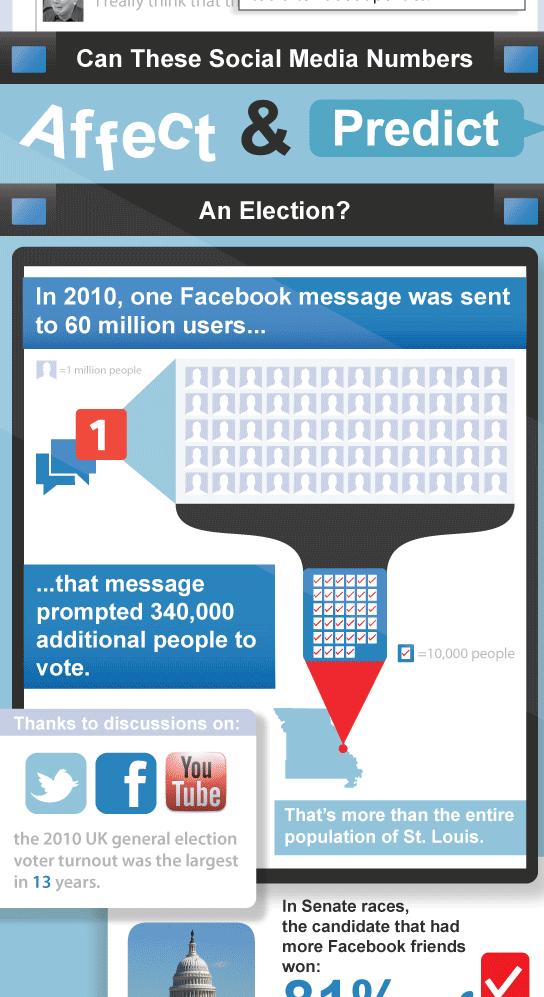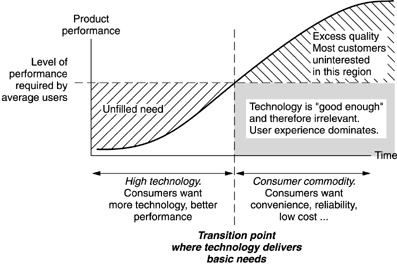
The Math Obstacle In the past few years, reports came out showing strong correlation between failing Algebra and graduation rates — if a kid fails math, he/she won’t be getting their high school diplomas. Here are a few articles describing the studies: “Is Removing Algebra a Key to Reform?” by Daniel Duerden, August 13, 2012 “A Comprehensive Study of the Predictors of High School Outcomes: Why Some Students Graduate on Time While Others Drop Out”. “A Correlation Study of Accuplacer Math and Algebra Scores and Math Remediation on the Retention and Success of Students in the Clinical Laboratory Technology Program at Milwaukee Area Technical College” by James Manto, August 2006. “Is high school tough enough: Full report” by The Center for Public Education. There are many more… Some suggested that based on evidence, we might just want to drop the math curriculum from high school graduation requirement — if there’s a strong correlation, perhaps by removing math, we might remove the problem and more kids graduate. Obviously, I don’t think that this a great solution. But I do come across the math problem a lot as part of the educational evaluations I do in my small practice. What I see…





